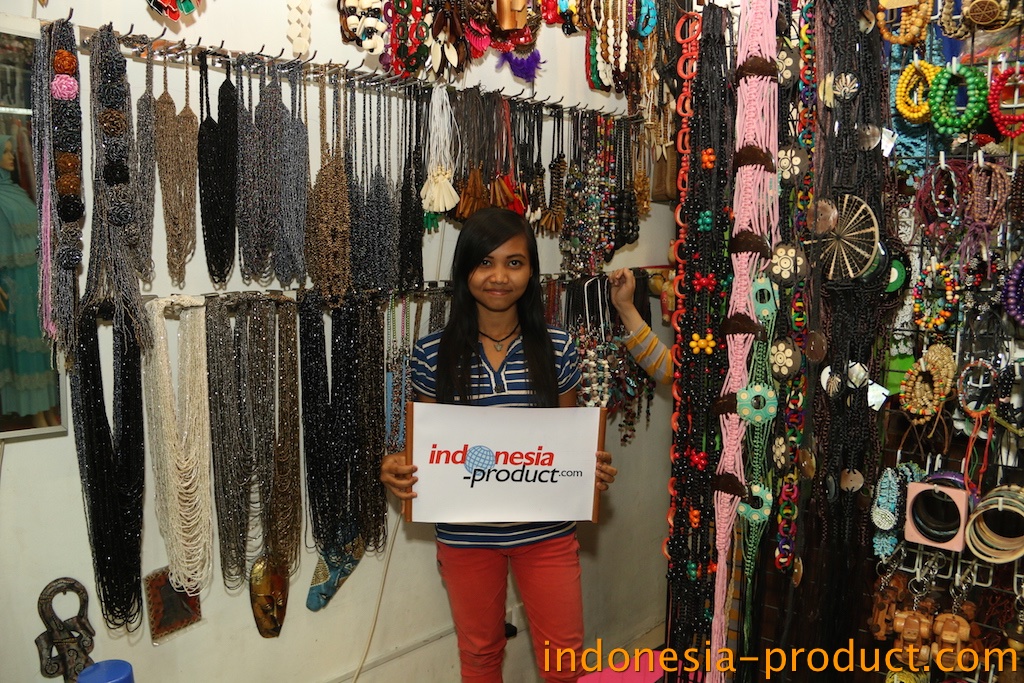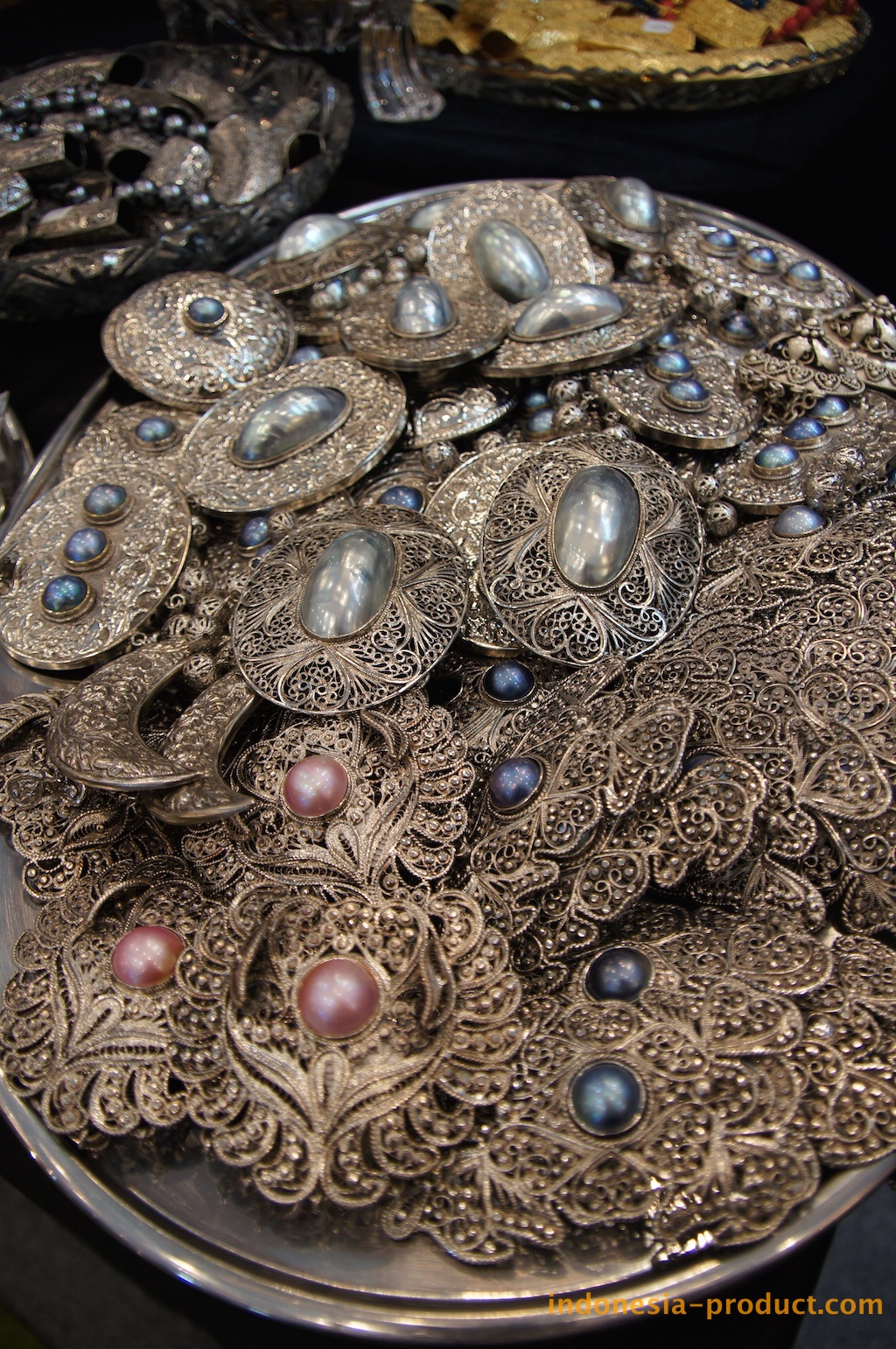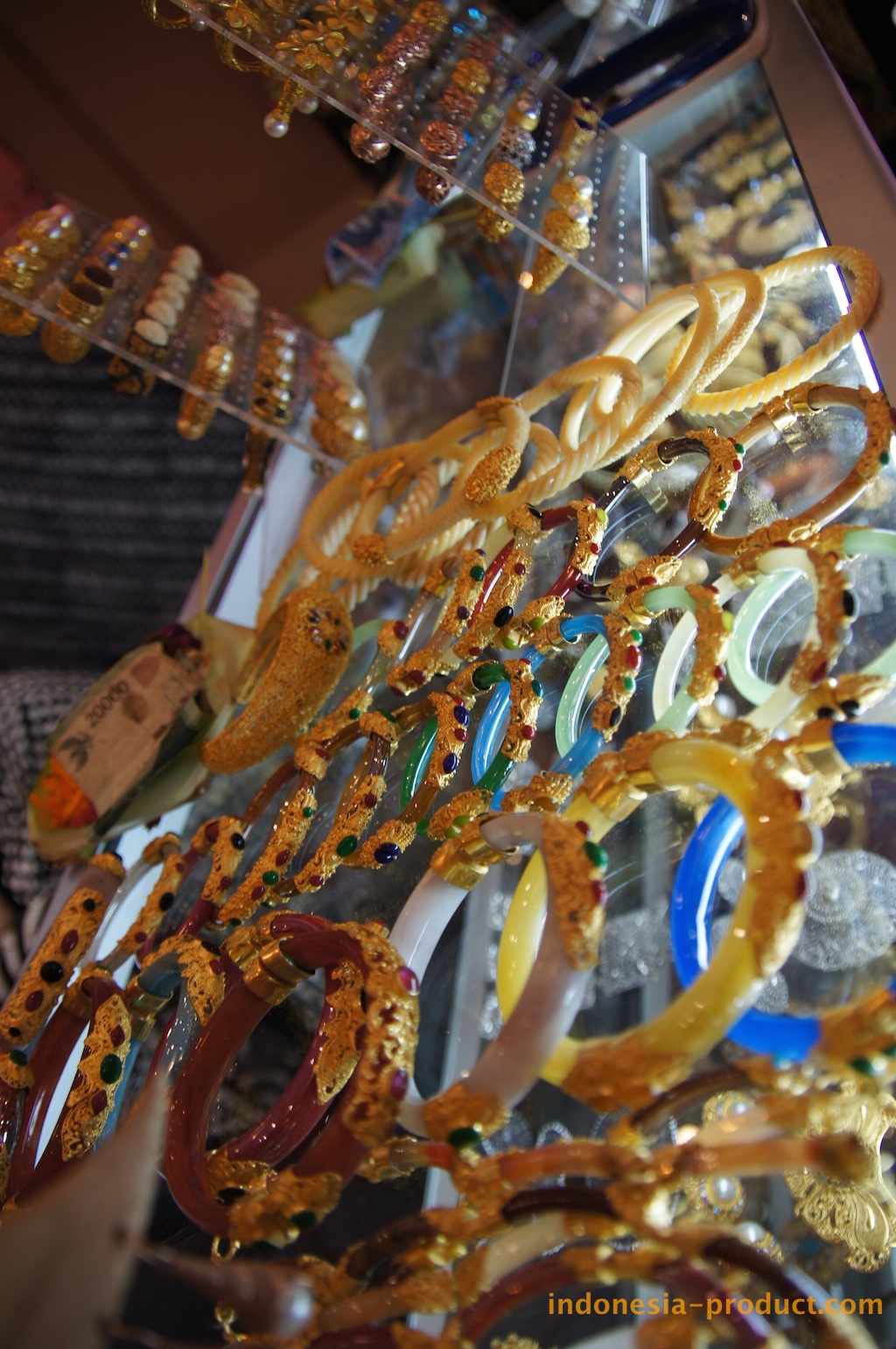Athletes still play for the ring, but jewelry not just for the champs
Kansas City Star, MO
It’s not a stretch to say that Joe Carter loves his two World Series rings.
Or rather, he loves the memories that come flowing back when he looks at them. He thinks about his home run in game six of the 1993 Series, the one that secured the Toronto Blue Jays’ second consecutive title and vaulted him into baseball lore.
But he gets really, really giddy when he thinks about an underrated part of being a champion — the ring ceremony that takes place the next year.
“I remember the opposing team standing on the top steps of their dugout looking at us, thinking man, ‘I wish that was us,’ †Carter said, laughing.
Carter realizes how lucky he is to have one ring, let alone two. That’s why he and his 1992-93 Blue Jays teammates have something in common with the great dynasties in sports — a love for big, sparkling, shiny rings.
The Pittsburgh Steelers, Dallas Cowboys, New York Yankees, Boston Celtics, Los Angeles Lakers and Chicago Bulls, just to name a few. And legendary teams require legendary bling.
“Every athlete will tell you they want to shoot for that ring — you hear them say it all the time,†said Carter, who calls his rings “showstoppers†because of the attention they attract.
“You play the game because you want to be known for championships. Getting a ring is how you measure your success.â€
But there’s one problem. Nowadays, it’s not just the ultimate champions who are flashing diamonds and gold. Teams are commemorating second-place finishes and even appearances in big games.
How much can a championship ring really mean these days when seemingly everyone else has one, too?
•••
Carter’s two championship rings with the Blue Jays were made by Balfour, a company that also made championship rings for the 2001 World Series champion Yankees and the 1993 Dallas Cowboys and 1994 San Francisco 49ers Super Bowl-winning teams, among others.
It’s common knowledge that the champions of major-league baseball, the NFL, NBA and NHL all receive rings. Even lower-tier professional leagues such as Major League Soccer and the Arena Football League receive championship rings, too. Colleges give rings to national championship teams.
But on Balfour’s Web site, you’ll find pictures of rings they’ve made for these teams: College of Charleston soccer — 2004 Southern Conference champions. Arkansas football, 9-5, SEC West champs. University of Texas El-Paso, 2004 Houston Bowl. (And that’s just for showing up; UTEP lost to Colorado 33-28.)
Kansas basketball hasn’t won a NCAA title in nearly 20 years but has handed out dozens of rings for Big 12 championship and Final Four teams. The Kansas State women’s basketball team received rings for its 2006 WNIT title — sometimes cruelly referred to as the 65th-place award. The Detroit Tigers lost 4-1 in last year’s World Series but still got rings for winning the American League pennant.
But at least the players on those teams actually achieved something athletically. Jostens started making rings for fantasy football champions a few years ago.
Yes, that’s right — you can commemorate your mouse-clicking and TV-watching achievement by getting a ring from the same company that has made 27 of the 41 Super Bowl rings, starting at only $99.
That’s not to say any of this is a bad thing. The sole reason Jostens even offers so many rings is simple — there’s a demand for it.
Next page >
To reach Terez A. Paylor, sports reporter for The Star, call 816-234-5915 or send e-mail to tpaylor@kcstar.com





